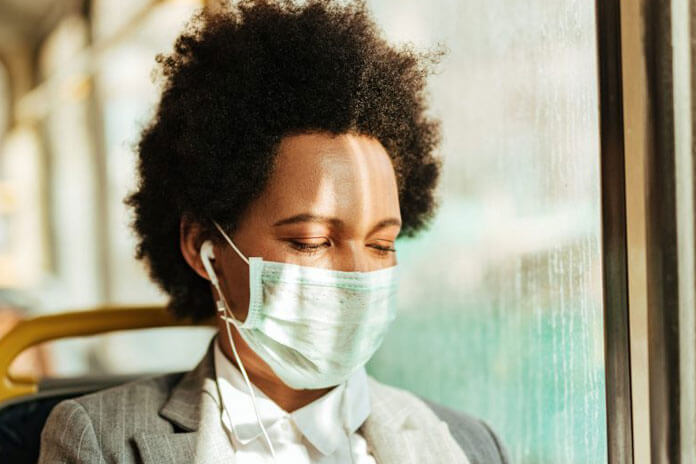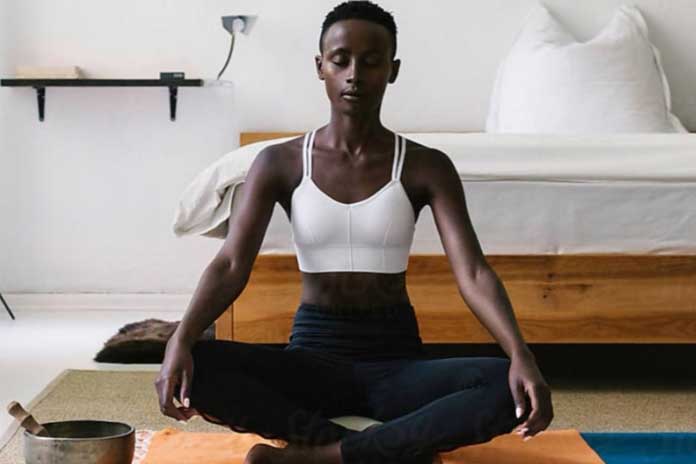So we’re approaching the anniversary of the first national lockdown and life in isolation appears to be coming to an end.
My anxiety, however, is not coming to an end, and I’m willing to bet that yours isn’t either.
The government finally released a roadmap to ease restrictions, vaccines are being rolled out, and we’re all bracing ourselves to live alongside Coronavirus as we settle into the “New normal.”
Easier said than done when we have no frame of reference for what the “New normal” means. Truthfully, it’s anxiety-inducing.
Why is it so Hard?
Whether you’re a key worker who’s been under immense pressure for the past twelve months, or you’ve been furloughed and you’ve spent lockdown disassociating on the couch, we all share something in common. We all abruptly had our way of life transformed by Covid-19.
We have settled into our newly established comfort zones to get through this turbulent period, but now it appears to be coming to an end, which is not an easy thought to process.
This has resulted in us all sharing sense of re-entry anxiety, a form of stress associated with the fear of being unable or not wanting to recondition to previously established environments.
So what can we do to make things a little easier on ourselves?

1. Recognise what you can control
First, let’s address the heightened levels of uncertainty in our lives right now.
With so many things happening beyond our control, it’s no wonder that we’re all feeling a strong sense of powerlessness that threatens our confidence when adapting to a post-lockdown world.
It’s important to highlight the aspects of our lives we do have control over currently.
From basic needs such as what we eat and what time we get up, to what music we listen to, or how clean our environment is.
Embrace those things you can control; if going on a manic cleaning binge helps you feel more confident with your situation, then do it!
2. Find an online/offline balance
I’m not an exception when it comes to frequently falling down the social media rabbit hole.
It’s a constant source of entertainment, a rare find in a national lockdown.
Perhaps reading posts from your friends on how they feel about Coronavirus is not ideal in this scenario. It’s nothing more than a one-way ticket to more anxiety and news fatigue.
Find a balance. Stay connected with your friends, stay updated on the news, but don’t spend countless hours scrolling through Instagram.
3. Create a safe Work Environment
What is it about returning to work that makes us want to nail the front door shut so we can never leave?
Coming into contact with lots of people after months of isolation? Working long or reduced hours? It’s an endless source of stress.
We can eliminate some of the stress by ensuring that our employers are putting procedures in place and making our return to work as safe as possible, such as social distancing measures and providing PPE.
You are always entitled to feel safe in the workplace.
4. Ask for Help
Many of us are concerned that access to help is relatively limited right now.
It’s easy to convince ourselves that our problems are too small or unimportant to ask for help, especially when we can see everyone else struggling alongside us.
Remember that it’s always okay to ask for help, no matter what your situation is. If you are currently struggling, it’s always okay to contact your GP and ask for guidance.
There’s no official guideline when it comes to these scenarios. But we all deserve the right to feel as little pressure and as much enjoyment as possible as we safely return to the world.


















